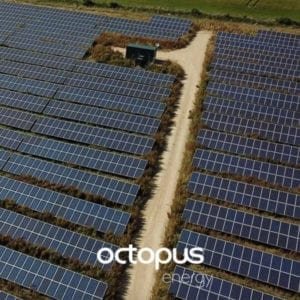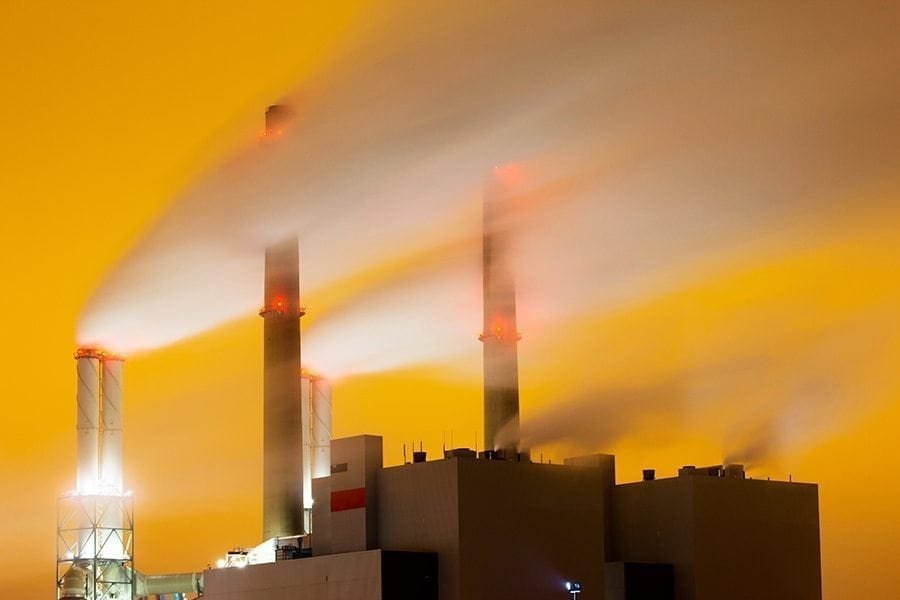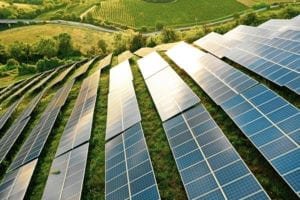Overall, global hunger for energy keeps increasing and eats up progress, according to REN21’s Renewables 2020 Global Status Report (GSR), released today (16 June).
Unless we make an immediate switch to efficient and renewable energy in all sectors in the wake of the Covid-19 pandemic, ‘the journey towards climate disaster continues.’
‘Year after year, we report success after success in the renewable power sector. Indeed, renewable power has made fantastic progress. It beats all other fuels in growth and competitiveness. Many national and global organisations already cry victory.
‘But our report sends a clear warning: The progress in the power sector is only a small part of the picture. And it is eaten up as the world’s energy hunger continues to increase. If we do not change the entire energy system, we are deluding ourselves.’
RANA ADIB
REN21’s executive director
The report shows that in the heating, cooling and transport sectors, the barriers are still nearly the same as 10 years ago.
Rana Adib, REN21’s executive director, points out that we must also ‘stop heating our homes and driving our cars with fossil fuels’.
‘No real disruption’
In the wake of the extraordinary economic decline due to Covid-19, the IEA predicts energy-related CO2 emissions are expected to fall by up to 8% in 2020.
But 2019 emissions were the highest ever, and the relief is only temporary.
Meeting the Paris targets would require an annual decrease of at least 7.6% to be maintained over the next 10 years.
‘Even if the lock-downs were to continue for a decade, the change would not be sufficient. At the current pace, with the current system and current market rules, it would take the world forever to come anywhere near a no-carbon system.’
RANA ADIB
REN21’s executive director
Dirty recovery packages
Recovery packages offer a once-in-a-lifetime chance to make the shift to a low-carbon economy. But according to Adib there is a great risk for this enormous chance to be lost.
‘Many of these packages include ideas that will instead lock us further into a dirty fossil fuel system. Some directly promote natural gas, coal or oil. Others, though claiming a green focus, build the roof and forget the foundation.
‘Take electric cars and hydrogen, for example. These technologies are only green if powered by renewables.’
RANA ADIB
REN21’s executive director
Jobs and social justice
The report points out that ‘green’ recovery measures, such as investment in renewables and building efficiency, are more cost effective than traditional stimulus measures and yield more returns.
It also documents that renewables deliver on job creation, energy sovereignty, accelerated energy access in developing countries, reduced emissions and air pollution.
This contrasts with the true cost of fossil fuels – estimated to be USD 5.2 trillion, if costs of negative impacts such as air pollution, effects of climate change and traffic congestion are counted.
 Play Video about This Rock Might Just Save The World
Play Video about This Rock Might Just Save The World Play Video about Play 2 hours of rock
Play Video about Play 2 hours of rock Play Video about Play 2 hours of brook
Play Video about Play 2 hours of brook Play Video about Play 2 hours of sheep
Play Video about Play 2 hours of sheep















































